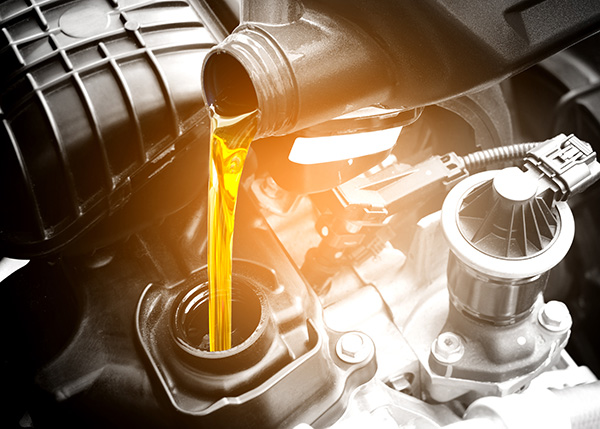
When it's time for an oil change, you might wonder if synthetic oil is really worth the extra cost. Many modern vehicles now recommend or even require synthetic oil, but drivers often have questions about what makes it different and whether it’s truly better for their engine.
Synthetic oil is engineered to offer superior protection and performance compared to conventional oil, but whether it's the best choice for your car depends on your vehicle, driving habits, and maintenance goals.
What Is The Synthetic Oil
Synthetic oil is a man-made lubricant designed to deliver consistent performance under a wide range of conditions. Unlike conventional oil, which is refined from crude petroleum, synthetic oil is chemically engineered in a lab. It’s built molecule by molecule, giving it a uniform structure that resists breakdown better than its traditional counterpart.
There are two main types: full synthetic and synthetic blend. Full synthetic oils offer the highest level of performance, while blends combine synthetic and conventional oils to strike a balance between cost and protection.
Why Engines Run Better on Synthetic Oil
Synthetic oil offers several advantages, particularly for newer vehicles or engines under heavy use:
Better Protection at High Temperatures
Synthetic oil is more stable at extreme temperatures, which helps it resist breaking down in hot conditions. That’s especially useful during summer or if you drive frequently in stop-and-go traffic, tow loads, or take long highway trips.
Improved Cold Weather Performance
In cold weather, conventional oil thickens, making it harder for the engine to start and for the oil to circulate. Synthetic oil flows more easily at low temperatures, reducing wear during cold starts—especially important in Pennsylvania winters.
Enhanced Engine Cleanliness
Synthetic oil contains fewer impurities and more additives that help prevent sludge buildup. Over time, this can keep your engine cleaner and reduce the risk of deposits that can interfere with performance.
Longer Oil Life
Because synthetic oil resists oxidation and breakdown, it typically lasts longer than conventional oil. While exact intervals vary, some synthetic oils are rated for up to 10,000 miles between changes, depending on manufacturer recommendations.
Is Synthetic Oil Right for Every Vehicle
Not all vehicles require synthetic oil, but many can benefit from it. If you own a performance vehicle, luxury model, or a newer car that runs at high operating temperatures, synthetic oil is often recommended by the manufacturer. Check your owner’s manual. If synthetic oil is listed, it’s best to stick with that recommendation.
For older cars or those with high mileage, switching to synthetic oil may be beneficial, especially if the engine is in good condition. However, vehicles with oil leaks or worn seals may not respond well to the switch without additional maintenance.
Cost Considerations and Long-Term Value
Synthetic oil typically costs more per quart than conventional oil, but that doesn't always mean higher overall maintenance costs. Because synthetic oil lasts longer, you may be able to go further between oil changes, reducing the frequency and labor costs over time.
Moreover, the improved protection synthetic oil provides may help prevent engine damage and extend the life of your vehicle, making it a wise investment for long-term vehicle health.
When to Avoid Synthetic Oil
While synthetic oil is safe for most modern engines, there are a few situations where it may not be necessary or advisable:
- If your vehicle is older and has never used synthetic oil
- If your car leaks or burns oil more rapidly
- If your manufacturer specifically recommends conventional oil
Always follow the recommendations in your owner’s manual. If you're unsure, our technicians can help determine what's best based on your car’s age, mileage, and usage.
Choosing the Right Oil for Your Driving Habits
Your daily driving habits should also factor into your oil choice. If you:
- Drive long distances on highways
- Tow or haul heavy loads
- Frequently drive in extreme heat or cold
- Take many short trips where the engine doesn’t fully warm up
...then synthetic oil may be the better choice. These conditions put more stress on your engine and demand oil that can maintain performance and protection under pressure.
Trust the Experts at Auto Pro in Reading, PA
Choosing the right oil doesn’t have to be complicated. Our team can inspect your vehicle, review manufacturer requirements, and recommend the best oil for your needs and budget. Whether you’re switching to synthetic for the first time or want to know if it’s worth it for your high-mileage engine, we’re here to help you make the most informed decision.
Call Auto Pro in Reading, PA, to schedule your next oil change and find out whether synthetic oil is the right choice for your vehicle.